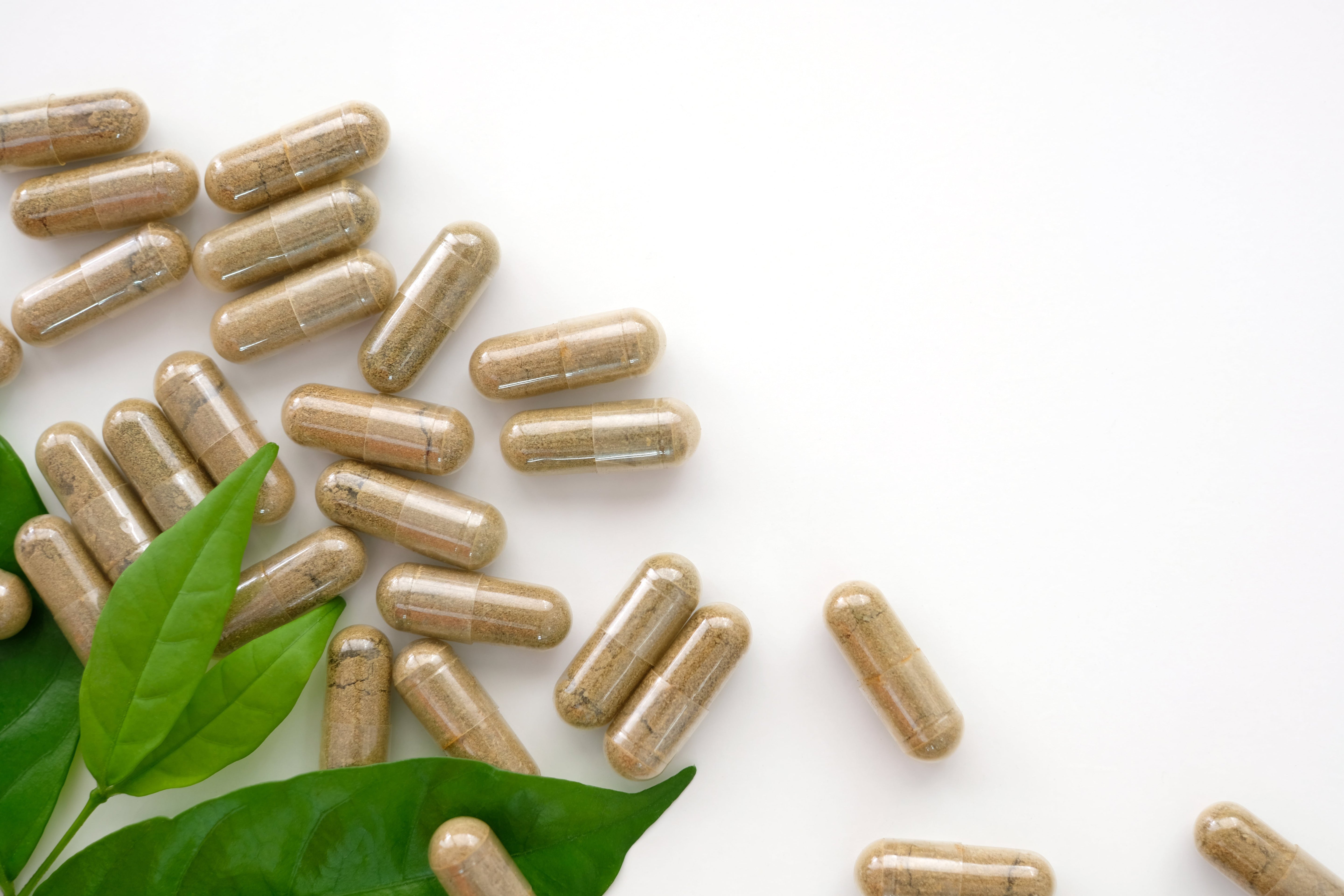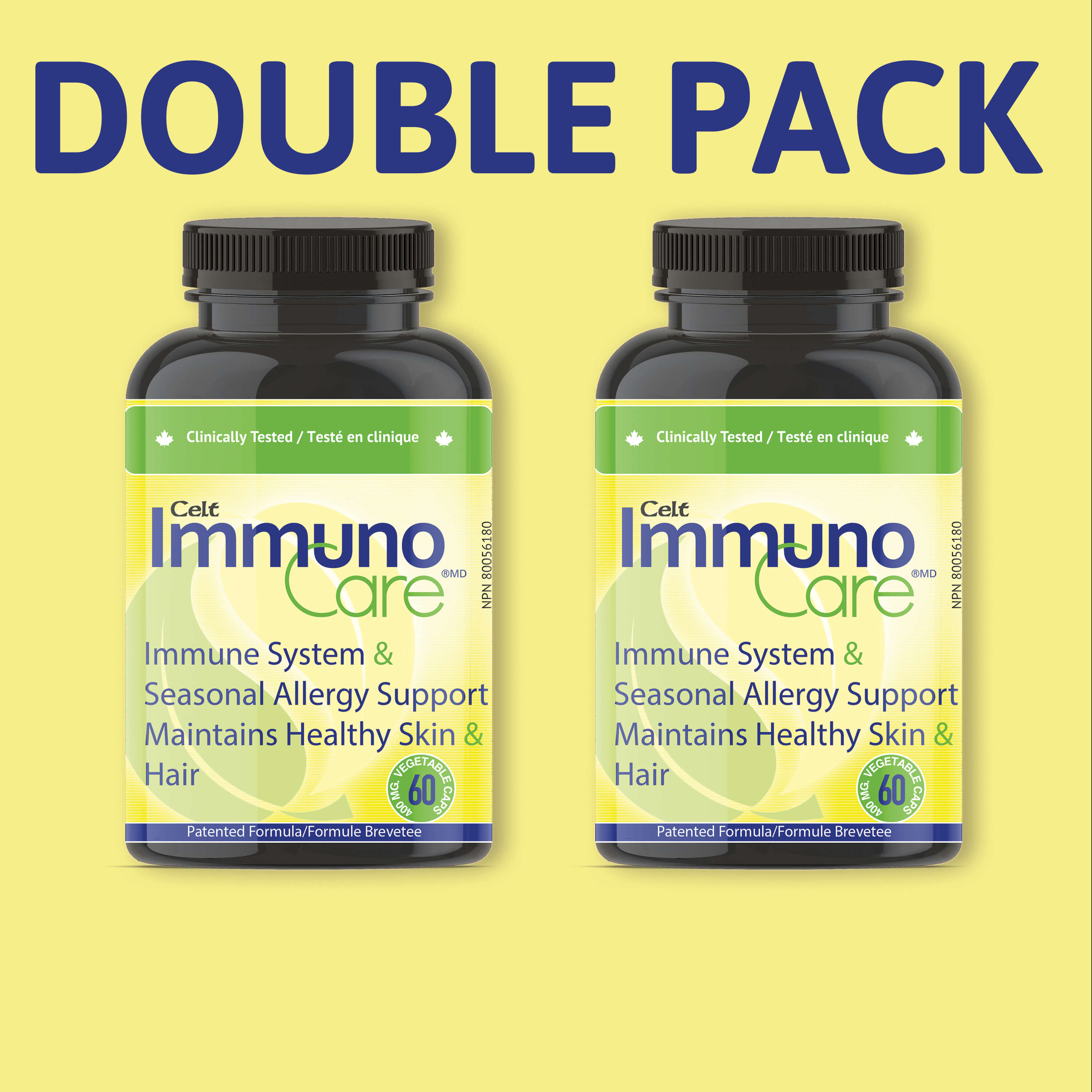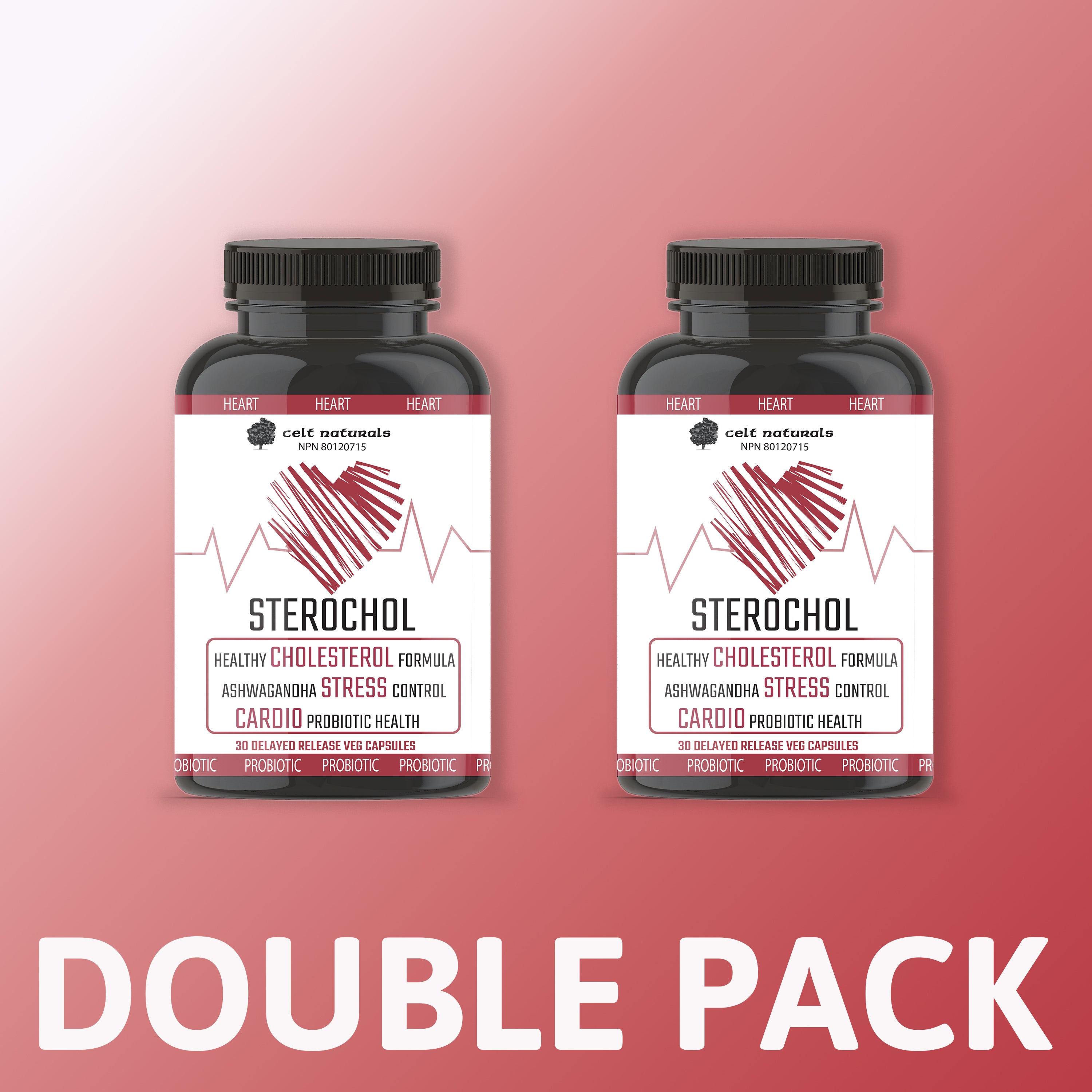How Long Do Supplements Take to Work?
Incorporating supplements into your daily routine can be an excellent way to support your health and address specific wellness goals. However, patience is key, as the time it takes for supplements to show results varies widely depending on the type of supplement, the condition being addressed, and individual factors such as age, diet, and lifestyle. Below, we explore how long it typically takes for some of the most popular supplements to work, backed by research.
Plant Sterols
What They Do: Plant sterols are natural compounds found in certain fruits, vegetables, and grains. They are known for their ability to lower LDL ("bad") cholesterol by blocking its absorption in the intestine.
How Long They Take to Work:
-
4 Weeks: Initial reductions in LDL cholesterol and inflammation can be observed within the first month of consistent use.
-
8–16 Weeks: Continued improvement is often noted over a longer duration, with significant cumulative effects.
Scientific Backing:
-
A study by Ras et al. (2016) demonstrated that plant sterols significantly reduced LDL cholesterol levels within a four-week period.
-
Similarly, Jong et al. (2008) found that longer-term use (up to 16 weeks) led to greater reductions in cholesterol levels, emphasizing the importance of consistency.
Ashwagandha
What It Does: Ashwagandha is a powerful adaptogenic herb known for its ability to reduce stress, improve sleep, boost cognitive function, and enhance physical endurance.
How Long It Takes to Work:
-
Stress Reduction and Sleep: Research shows that consistent use for 6–8 weeks leads to significant improvements in stress and cortisol levels and sleep quality (Langade et al., 2020; Deshpande et al., 2020).
-
Cognitive Benefits: Enhancements in memory, attention, and reduced fatigue often appear after 4–8 weeks of supplementation (Sharma et al., 2017).
-
Physical Endurance: Noticeable gains in muscle strength and endurance typically manifest after 8 weeks (Verma et al., 2023).
Practical Insights: Ashwagandha’s broad benefits make it a versatile supplement for addressing both mental and physical health goals. However, users should commit to at least 6–8 weeks of consistent use to see optimal results.
Probiotics
What They Do: Probiotics are live bacteria and yeasts that support a healthy gut microbiome. They are used to improve digestion, modulate the immune system, and address specific gastrointestinal conditions such as irritable bowel syndrome (IBS). And have also proven to have significant impact on cholesterol absorption.
How Long They Take to Work:
-
2–4 Weeks: Initial changes in gut microbiota can occur as the introduced probiotic strains start to colonize the digestive system
-
4–8 Weeks: Clinical benefits, such as relief from IBS symptoms or improved immune function, or cholesterol and apo-b reduction may take longer to become evident, depending on the specific strain and dosage (Heng Yang et al., 2024).
Key Takeaway: Probiotics require consistent use and the right strain selection for noticeable improvements. Users should monitor their progress over at least a month to determine efficacy.
Minerals
Minerals like Selenium, magnesium, and zinc play crucial roles in maintaining various bodily functions. Below is a breakdown of how long each mineral takes to work:
-
Selenium
What It Does: Selenium is an essential trace mineral that plays a critical role in supporting thyroid function, boosting immunity, and acting as a powerful antioxidant to combat oxidative stress.
How Long It Takes to Work:
-
1–4 Weeks: Improvements in selenium status and antioxidant activity may begin to show within the first few weeks of supplementation.
-
4–8 Weeks: Clinical benefits, such as improved thyroid hormone levels or reduced markers of inflammation, are typically observed after consistent use.
Scientific Backing:
-
Studies indicate that selenium supplementation can quickly enhance glutathione peroxidase activity, a key antioxidant enzyme, within a few weeks (Hawkes & Keim, 2003).
-
For thyroid function, selenium has been shown to reduce thyroid peroxidase antibodies and improve thyroid hormone levels over a period of 4–8 weeks, especially in individuals with thyroid disorders (Ventura et al., 2017).
Key Takeaway: Selenium works relatively quickly to improve antioxidant defense and thyroid health. Regular supplementation within the recommended daily allowance ensures optimal benefits without the risk of toxicity.
-
-
Magnesium
-
1–2 Weeks: Improvements in sleep quality and relaxation can be noticeable within a week or two.
-
4–8 Weeks: More pronounced benefits for conditions like muscle cramps or migraines emerge after consistent use (Wienecke & Hansen, 2015).
-
-
Zinc
-
Days - 2 Weeks: Initial benefits for immunity and wound healing can start to appear within days. (Jorge Alberto Acevedo-Murillo et al, 2019)
-
4–8 Weeks: Long-term use leads to more robust effects on immunity and skin health.
-
Pro Tip: To maximize absorption and efficacy, take these minerals as directed—for example, iron is best absorbed on an empty stomach, while magnesium is often better tolerated with food.
Factors Influencing Supplement Effectiveness
While the general timelines above provide a helpful guideline, it’s important to note that individual results may vary. Several factors can influence how quickly you notice the benefits of a supplement:
-
Dosage and Consistency: Taking the recommended dosage daily is critical. Skipping doses can delay results.
-
Diet and Lifestyle: A balanced diet and healthy lifestyle can amplify the benefits of supplements.
-
Deficiency Levels: People with severe deficiencies may notice faster results compared to those with borderline or mild deficiencies.
-
Metabolism: Individual metabolic rates play a role in how quickly supplements are processed and utilized by the body.
Conclusion: Patience Pays Off
The onset of effects for supplements varies widely, but most show early signs of efficacy within 2–4 weeks, with stronger and more noticeable effects typically appearing after 6–8 weeks of consistent use. Here’s a quick recap:
-
Plant Sterols: Start reducing LDL cholesterol within 4 weeks, with continued improvements over 8–16 weeks.
-
Ashwagandha: Stress reduction, sleep, and cognitive benefits appear within 4–8 weeks, while physical endurance improvements take around 8 weeks.
-
Probiotics: Gut microbiota changes occur within 2–4 weeks, and clinical benefits follow in 4–8 weeks.
-
Minerals (Selenium, Magnesium, Zinc): Effects can begin within 1–4 weeks, with more significant changes after 4–8 weeks.
Remember, supplements are not a quick fix but a long-term investment in your health. Consistency, proper dosing, and patience are the keys to achieving the best results. By understanding the timelines and mechanisms behind different supplements, you can set realistic expectations and stay motivated on your wellness journey.








